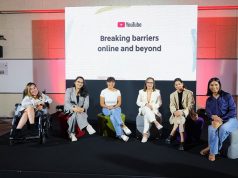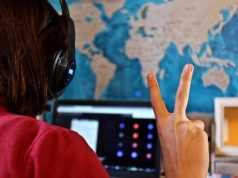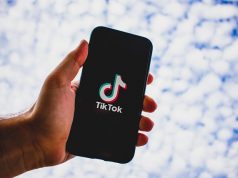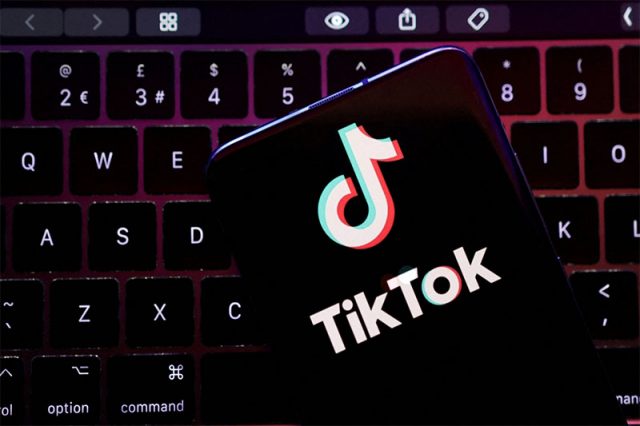
Self-regulation and maintaining online etiquette are important to TikTok content creators in the fight against disinformation on social media.
Media experts discussed these topics in a panel discussion called “TikTok Digital Literacy Forum” on February 22.
One of the topics they tackled was how local creators and their audience can become digitally literate and observe etiquette even in the virtual space.
For Rachel Khan, a professor of journalism at the University of the Philippines-Diliman, people should keep in mind that social media is just another version of reality.
“Etiquette online is simply etiquette in the real world. Social media is just a virtual public sphere. So one’s upbringing and one’s attitude offline should be reflected,” Khan said.
Noemi Dado, an advocate of fact-checking initiatives, also pointed out that maintaining a good reputation online is beneficial to real-life applications such as employment.
“They might not realize that they will be looking back or future employers will be looking back on your content. Nothing is ever private [online], even in your closed spaces,” Dado said.
“And remember, even embassies check your social media networks. So for me, it’s really your digital face. Take care of it,” she added.
Aside from online etiquette, the following topics were also discussed in relation to digital literacy on social media, especially TikTok:
- Earning the trust currency
- Credibility and Creativity
Kristoffer Rada, TikTok Philippines’ Head of Public Policy, was also part of the panel to present the guidelines and responses of the video-sharing service in helping users with digital literacy in the age of disinformation.
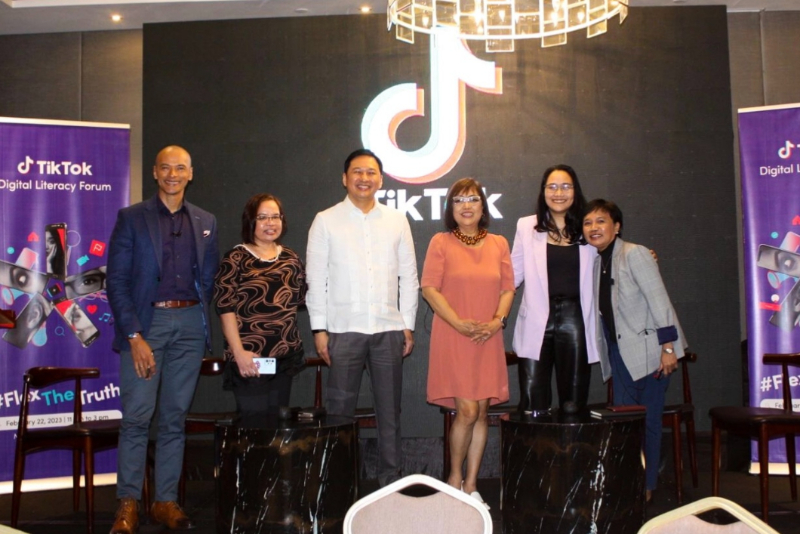
Self-regulation on all platforms
Amid some negative trends online, meanwhile, it’s still important for all content creators to protect their rights to free speech.
RELATED: #Samgyuphack trend of bagging food from Korean BBQ restos raises eyebrows | ‘Discriminatory, insensitive’: Why Pinoys are calling out ‘scholarship prank’ trend
Malou Mangahas, executive director of the Philippine Center for Investigative Journalism, emphasized this during the forum.
“It should actually be all of us together protecting the freedom platform that we have, online and offline. All sorts of media platforms,” Mangahas said.
She said that some governments use the spread of fake news to enact laws to curtail free speech among their constituents.
The Philippines will hopefully not experience the same in the future.
Therefore, creators should be the ones to regulate themselves and not the government, according to Mangahas.
“It should be the market and the community that should do self-regulation whatever the platform is. If we allow the government to come in with new laws like the proposed legislation to control fake news…no, no for that,” she said.
In terms of TikTok as a platform, new creators do not need to be scandalous to be viral or gain followers.
Educator Lyqa Maravilla, who has over one million followers on TikTok, said there are many strategies that work to create effective TikTok content.
“You don’t need to be scandalous for people to stay. You can maximize the element of tension or suspense, right? Questions can also work,” Maravilla suggested.
She also pointed out that creators just have to choose which one to work for their own accounts.
“How far am I willing to go, what are the things that work that I’m willing to do,” Maravilla said.
TikTok’s Trust and Safety Initiatives
In a statement, TikTok stated that it runs in the following three “pillars of commitment:”
- Trust and Safety – Keeping our community safe and creative.
- Positive Space – Encouraging credible sources of information on the platform.
- Digital Literacy – Supporting digital literacy efforts with multi-sectoral partners.
The mobile video-sharing service also assures a strong adherence to its community guidelines.
The full list of its policies can be accessed here Community Guidelines (tiktok.com).
“As TikTok prioritizes safety, diversity, inclusion, and authenticity, we believe that a safe environment helps everyone do so openly. We aim to cultivate an environment for genuine interactions by encouraging authentic content on TikTok,” the statement read.
“We update our Community Guidelines from time to time to evolve alongside trends, as part of our commitment to keeping TikTok a safe place for creativity and joy,” it added.





